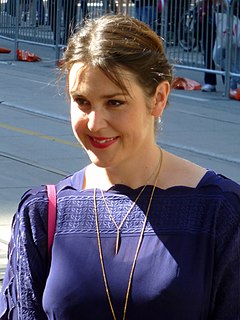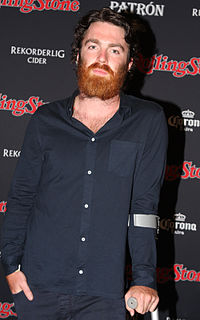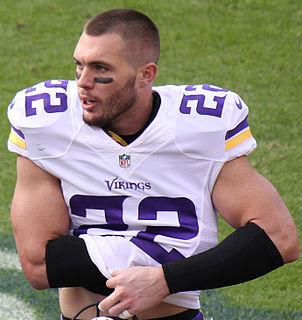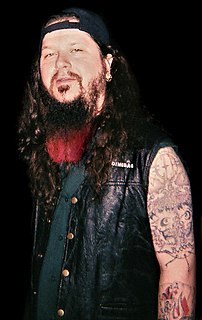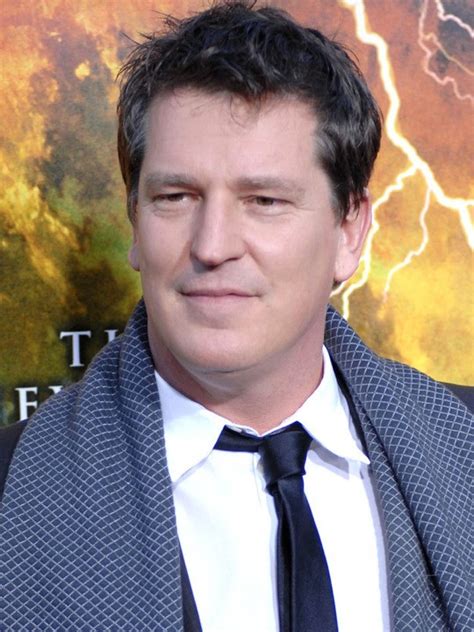A Quote by Emma Corrin
But to be honest, for me it's always going to be about the story, and it's always going to be about how I feel about the work.
Related Quotes
I feel like any actor should always be thinking about how to serve the story. The thing to be cautious of is trying to make too much of your "moment," or whatever. The story is a lot bigger than you, and you're there to help it along. The thing to think about is whether what you're doing is true to the moment and where the story's going, rather than going, "Here are my scenes. What can I try and do to make the most of them?"
I think about the structure, sure. I think about what's going to happen, and how it's going to happen, and the pace. But I think if I stop to think about it in an abstract sense, I feel very daunted. I just try to enter into the story and feel my way through it. It's a very murky, intuitive way of going about it.
You're in a movie, so you have to think about how something plays. It's not like you're thinking about how an audience is going to react. You're trying to present the story. You're trying to illuminate the lives of these people in the story. So I'm thinking about how my behavior as this character best illuminates what's going on with them in this moment in time. I always say it's sort of the director's job. People think that the directors direct actors. No. Really, what the director's doing is directing the audience's eye through the film.
I try to be aware of what I'm concerned about, aware of how I feel about myself in the world, aware of how I feel about the issues of the day, but I guess I don't want to write essays in my head about my craft and maybe it's because I teach and talk about craft of other writers as a reader. I feel the moment I start doing that is when it's going to kill me.
Not harder than it should be, no. We're about the business, we're about the work. It's all about the work, always. We have fun and laugh and there're days that are more intense than others, but we're there to make it better. He's always going to try and make it better, I'm always going to try and make it better. So you accept anything, you accept whatever it takes to get it up on the screen and make it worthy.
I always go for that live, honest feel when I'm going for that first rhythm track. I'll never hold back on a part just so it'll be easier for me to double it later on - to my ears, it sounds sterile if you do that. I always want to get that initial track kicking and full of slurs, squeals and feel. I'll worry about doubling it later!
The thing is, to try to talk about a performance that will never be seen again, that was only lived by the people there, it's kind of like telling somebody about your dream. You know if they love you they'll listen and smile, but they can't really get it, so there is a certain infinite quality to film that is nice. You do the work and you know it's always going to be there. The flip side is if you do bad work it's always going to be there.
I think everyone is always asking themselves, How is my work meaningful, how is my life meaningful? As I get older, I feel like who I am as a person and a citizen is more important than who I am in my work. But I do think it reframed slightly for me, how much I have to care about a project in order to want to do it. Sometimes, obviously, you have a take a job for money. But I think I'm quicker now when I get a script that's, say, borderline misogynist, I'm not going to go in for it. I'm thinking more about what I'm putting into the world.
When I talk about how we're going to pay for education, how we're going to invest in infrastructure, how we're going to get the cost of prescription drugs down, and a lot of the other issues that people talk to me about all the time, I've made it very clear we are going where the money is. We are going to ask the wealthy and corporations to pay their fair share.


